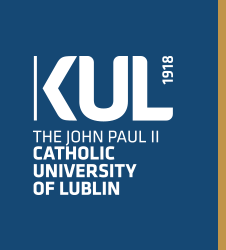News / News
Catholic University of Lublin Experts to Go to Africa to Aid Human Trafficking Victims.
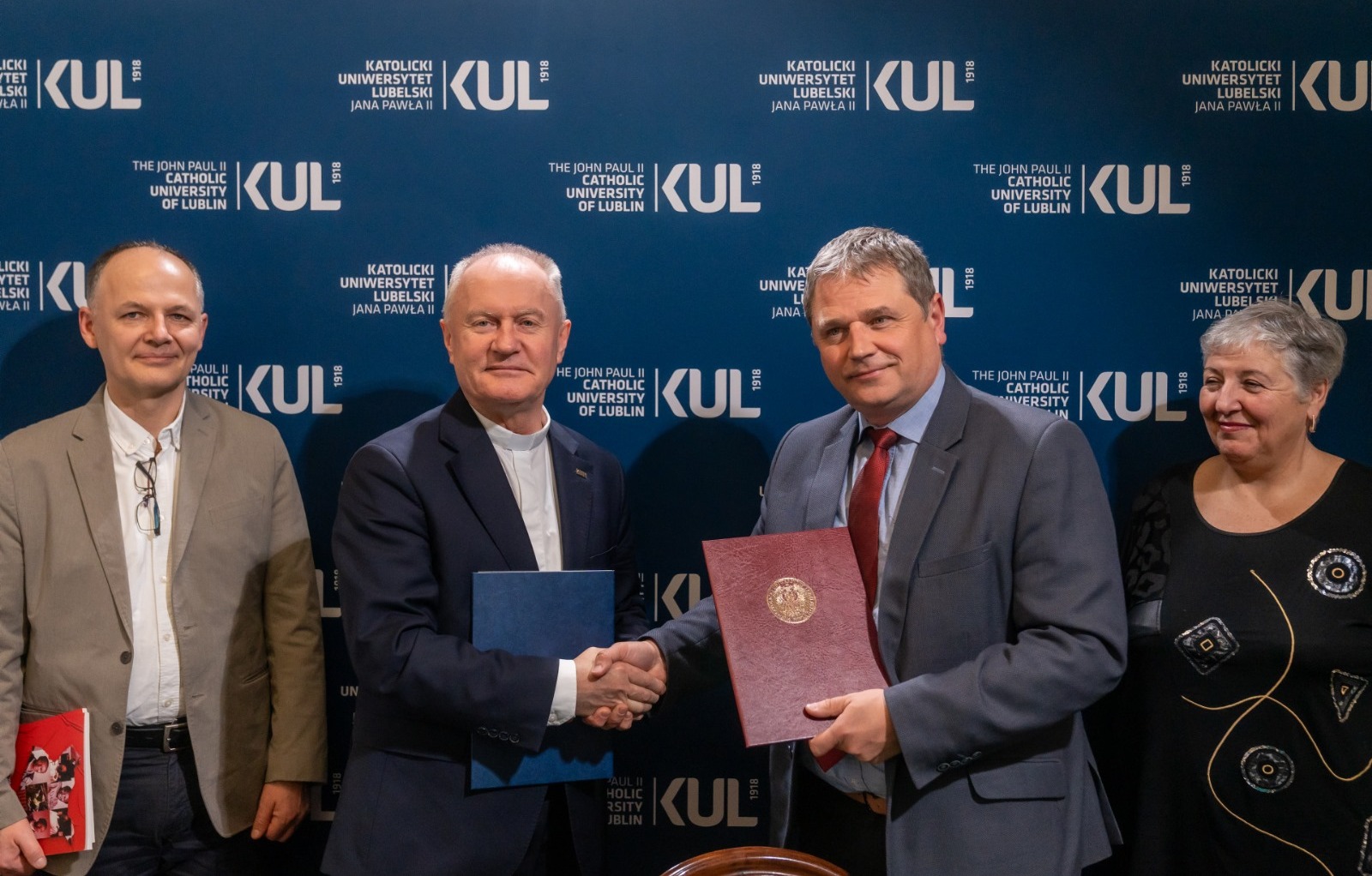 Researchers from the Catholic University of Lublin (KUL) will be helping victims of human trafficking in Kenya. KUL has recently signed a relevant cooperation agreement. As Dr Mariusz Wołońciej from the KUL Department of Emotional and Motivational Psychology notes, ‘It is a crying shame that in an era when we stress human dignity, there are more slaves than at the time of the Conquistadors. Human trafficking is taking place near us and we decided to help solve a real problem that affects Poland, too’.
Researchers from the Catholic University of Lublin (KUL) will be helping victims of human trafficking in Kenya. KUL has recently signed a relevant cooperation agreement. As Dr Mariusz Wołońciej from the KUL Department of Emotional and Motivational Psychology notes, ‘It is a crying shame that in an era when we stress human dignity, there are more slaves than at the time of the Conquistadors. Human trafficking is taking place near us and we decided to help solve a real problem that affects Poland, too’.
The cooperation agreement between KUL and the HAART Poland and HAART Kenya foundations was signed on Thursday, March 27. ‘This agreement will recognise the dignity of every human being, especially the vulnerable and the disadvantaged, those afflicted by poverty’, adds Fr. Prof. Mirosław Kalinowski, Rector of the Catholic University of Lublin.
In line with the agreement, which assumes joint efforts to counter human trafficking in East Africa, researchers from the Catholic University of Lublin will develop diagnostic tools to assess the resilience of victims of human trafficking.
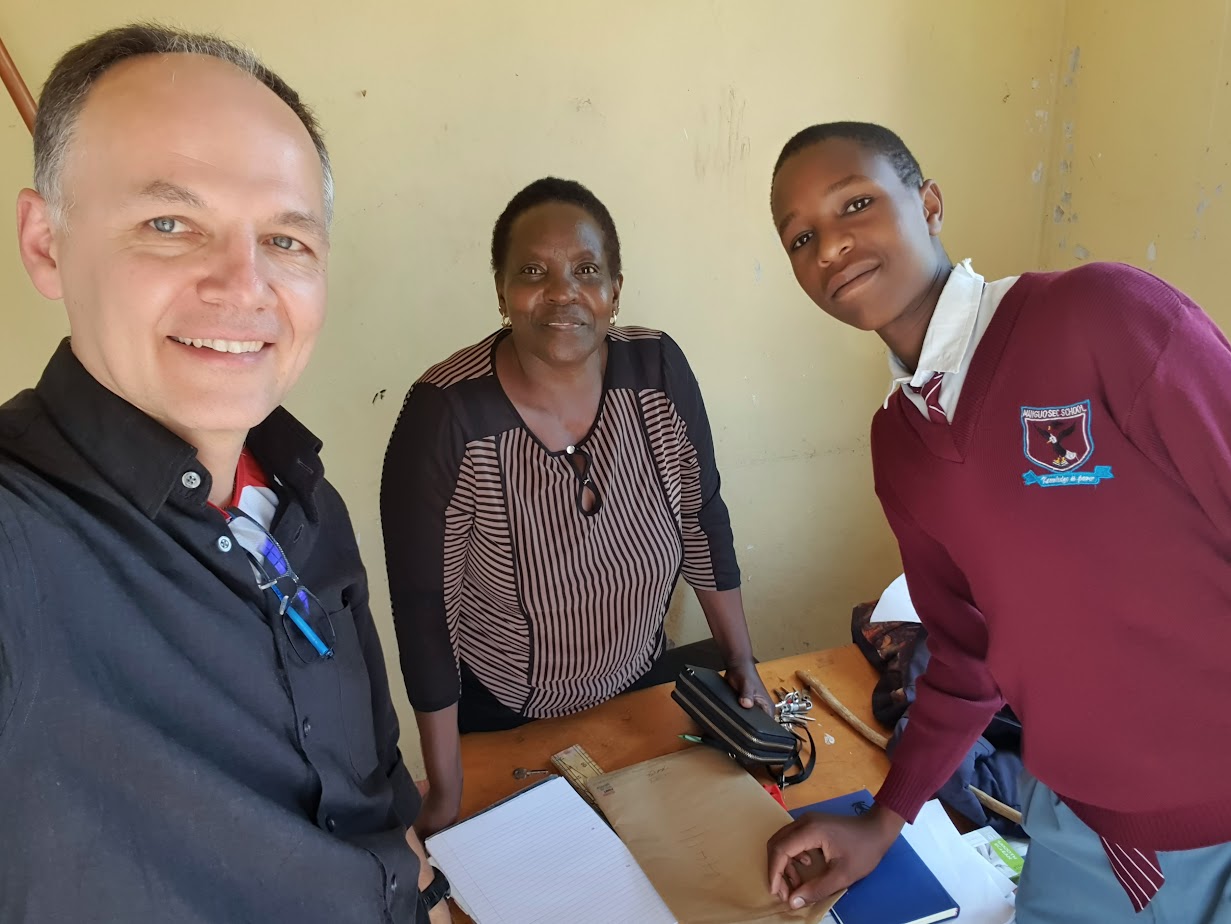 Prof. Iwona Niewiadomska from the Department of Social Prophylaxis at the KUL Institute of Psychology, Rector’s Representative for Research, observes, ‘Such people have at best meagre material resources. In addition, they have lost their grip on reality. We therefore need to empower them, to restore their capacity for handling all kinds of daily situations, and to help them acquire the core adaptation skills in the difficult living conditions of Africa’.
Prof. Iwona Niewiadomska from the Department of Social Prophylaxis at the KUL Institute of Psychology, Rector’s Representative for Research, observes, ‘Such people have at best meagre material resources. In addition, they have lost their grip on reality. We therefore need to empower them, to restore their capacity for handling all kinds of daily situations, and to help them acquire the core adaptation skills in the difficult living conditions of Africa’.
A team of KUL researchers will depart for Kenya in April. The group will include Dr Mariusz Wołońciej from the KUL Department of Emotional and Motivational Psychology. He has worked in Africa before; this time he will train Kenyans who aid victims of human trafficking. By his own admission, ‘Kenya is a unique place. It functions as a hub that sends present-day slaves from poor African countries to different places’.
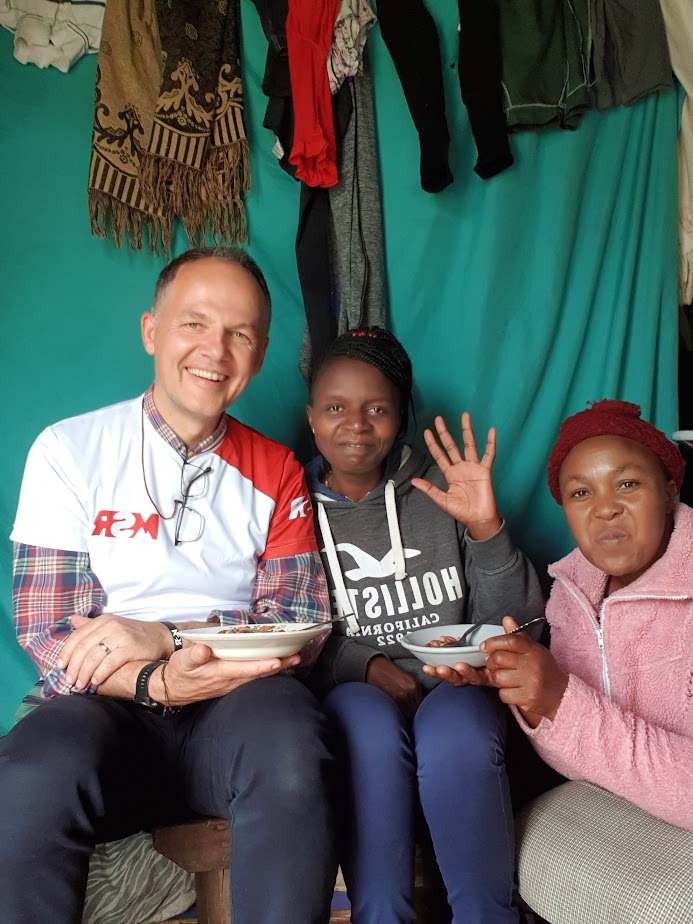 The researcher adds that the objective of the pilot studies involving KUL scholars is to solve an existing problem, one of the major challenges of the contemporary world: ‘It is a crying shame that in an era when we stress human dignity, there are more slaves than at the time of the Conquistadors. Human trafficking is taking place near us and we decided to help solve a real problem that also affects Poland’.
The researcher adds that the objective of the pilot studies involving KUL scholars is to solve an existing problem, one of the major challenges of the contemporary world: ‘It is a crying shame that in an era when we stress human dignity, there are more slaves than at the time of the Conquistadors. Human trafficking is taking place near us and we decided to help solve a real problem that also affects Poland’.
UN statistics show that every year, up to 50 million people worldwide become victims of human trafficking. In Poland, the problem may affect up to 28,000 people, including those whose passports are withheld from them after they have arrived in our country to work.
‘The figures are linked to specific stories of those who have been subjected to forced labour or sexual exploitation. I mean here both women and men who are beaten, tortured, starved, and even electrocuted. Many do not survive such conditions’, says Dr Radosław Malinowski, founder of HAART Kenya and CEO of the HAART Poland Foundation.
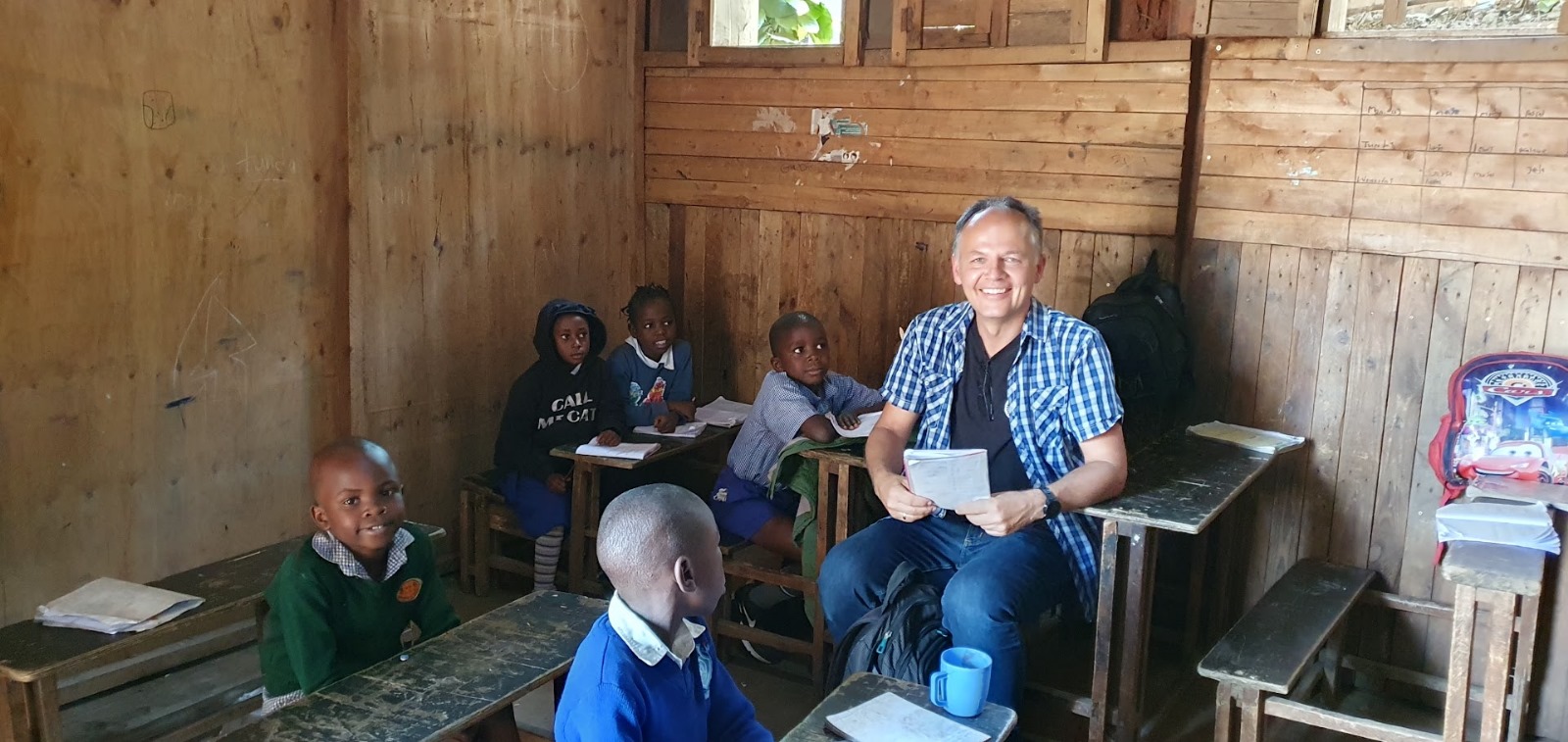 Partnering with KUL, the two organisations do not intend to stop with the pilot project. The agreement signed on Thursday envisages continuing joint activities involving the coaching and improving the business skills of trafficking survivors in Kenya.
Partnering with KUL, the two organisations do not intend to stop with the pilot project. The agreement signed on Thursday envisages continuing joint activities involving the coaching and improving the business skills of trafficking survivors in Kenya.
Fr. Prof. Mirosław Kalinowski believes that the involvement of researchers from KUL in the project will significantly improve the situation of those who have been traumatised by their life experiences. As Rector of KUL observes: ‘The social sciences at our university take the lead in this project, but I think other humanities will be part of its practical application. I am confident that our delegation in Kenya will garner empirical material that will be used to strengthen the readaptation capacity of trafficked persons’.



